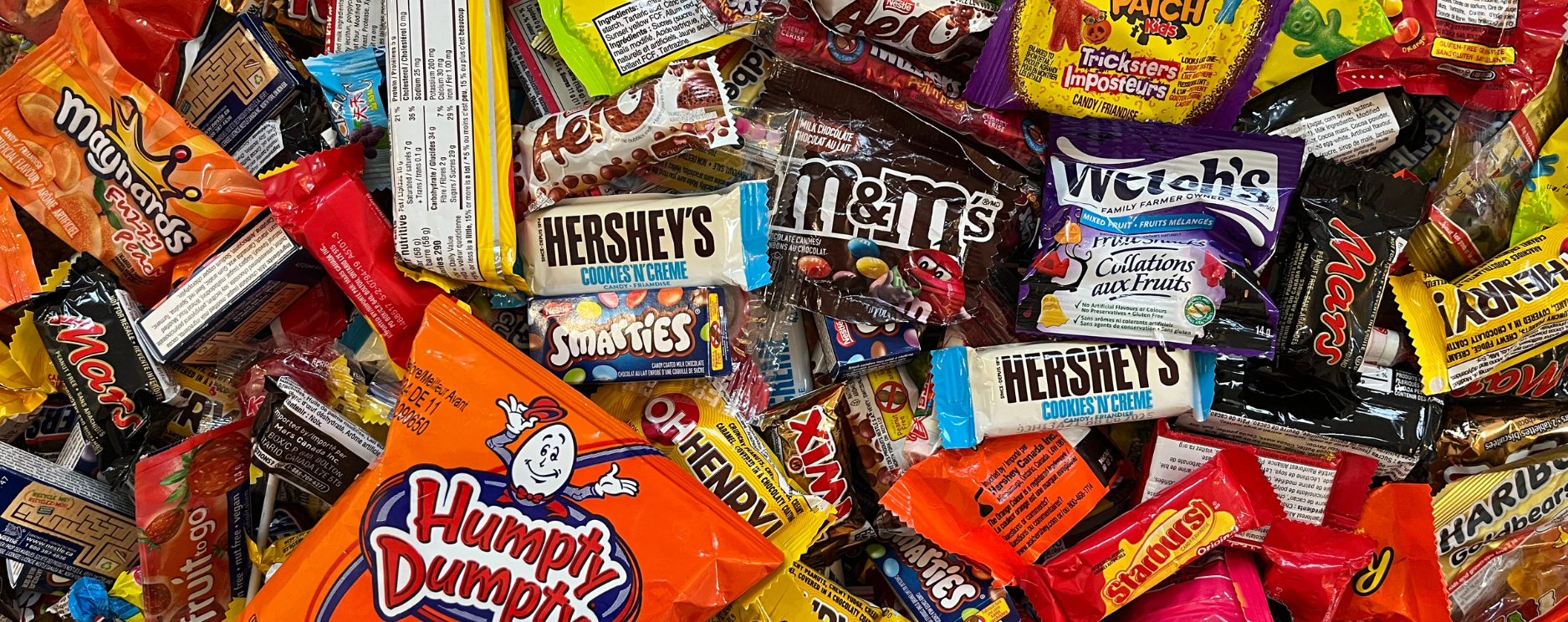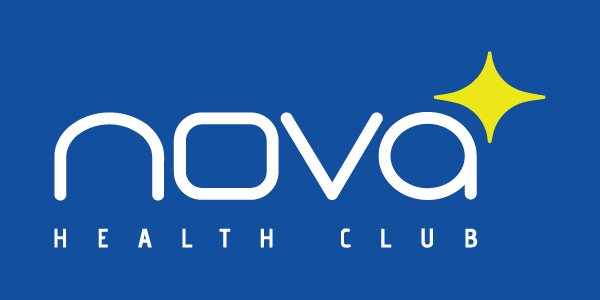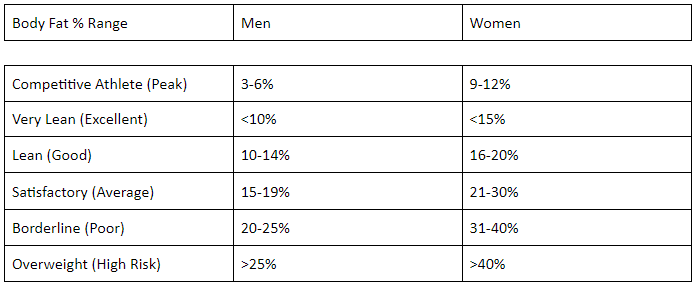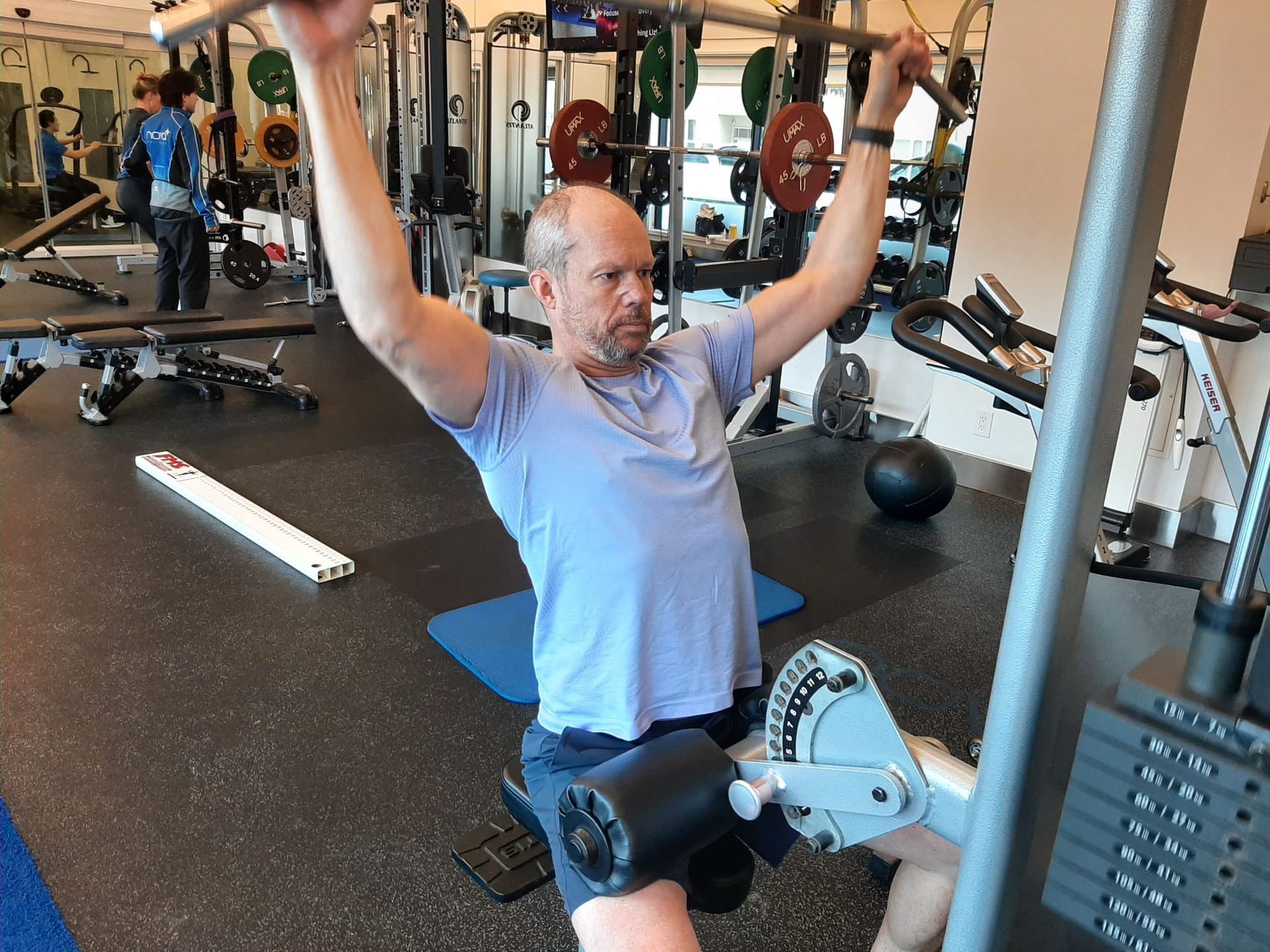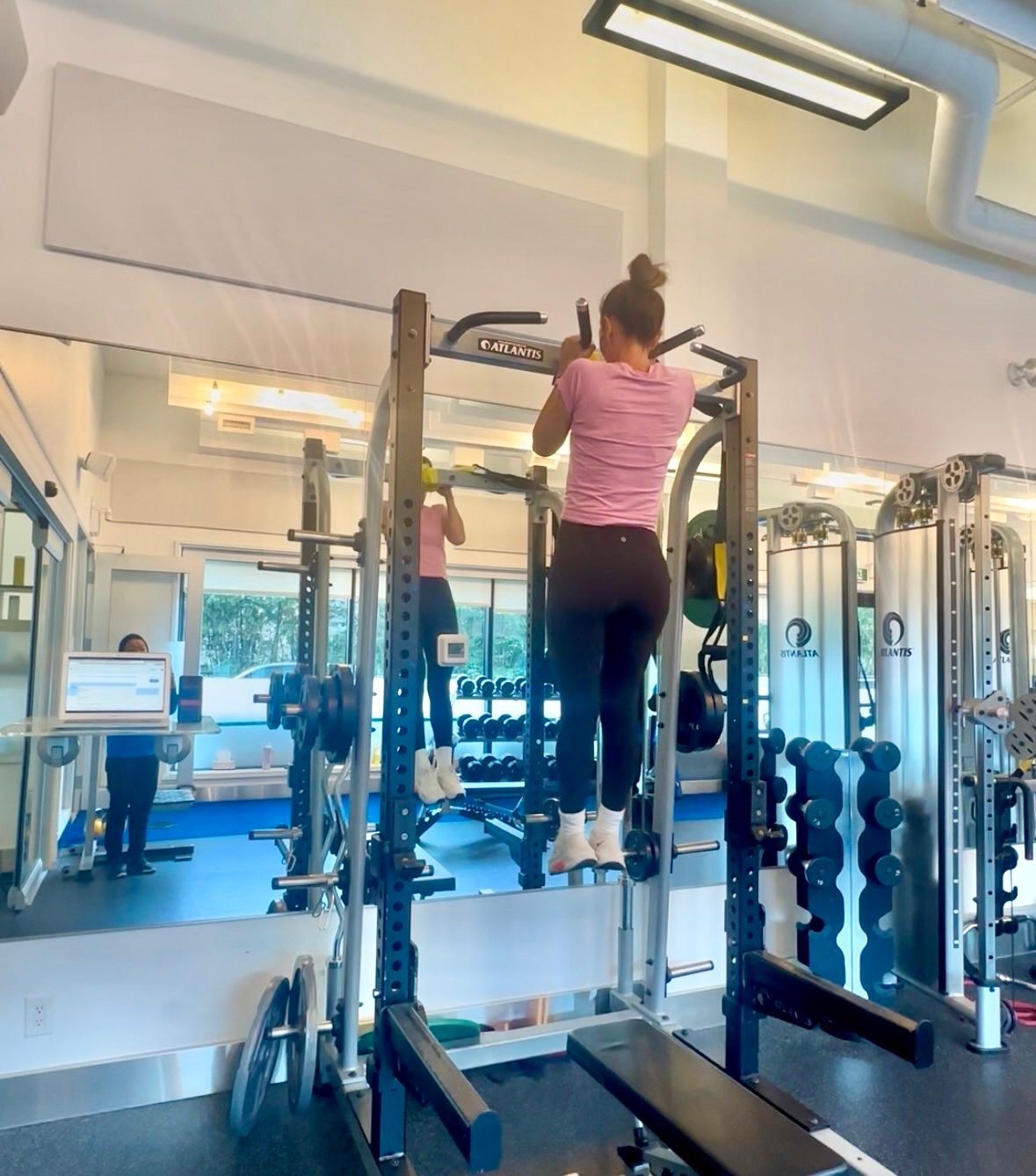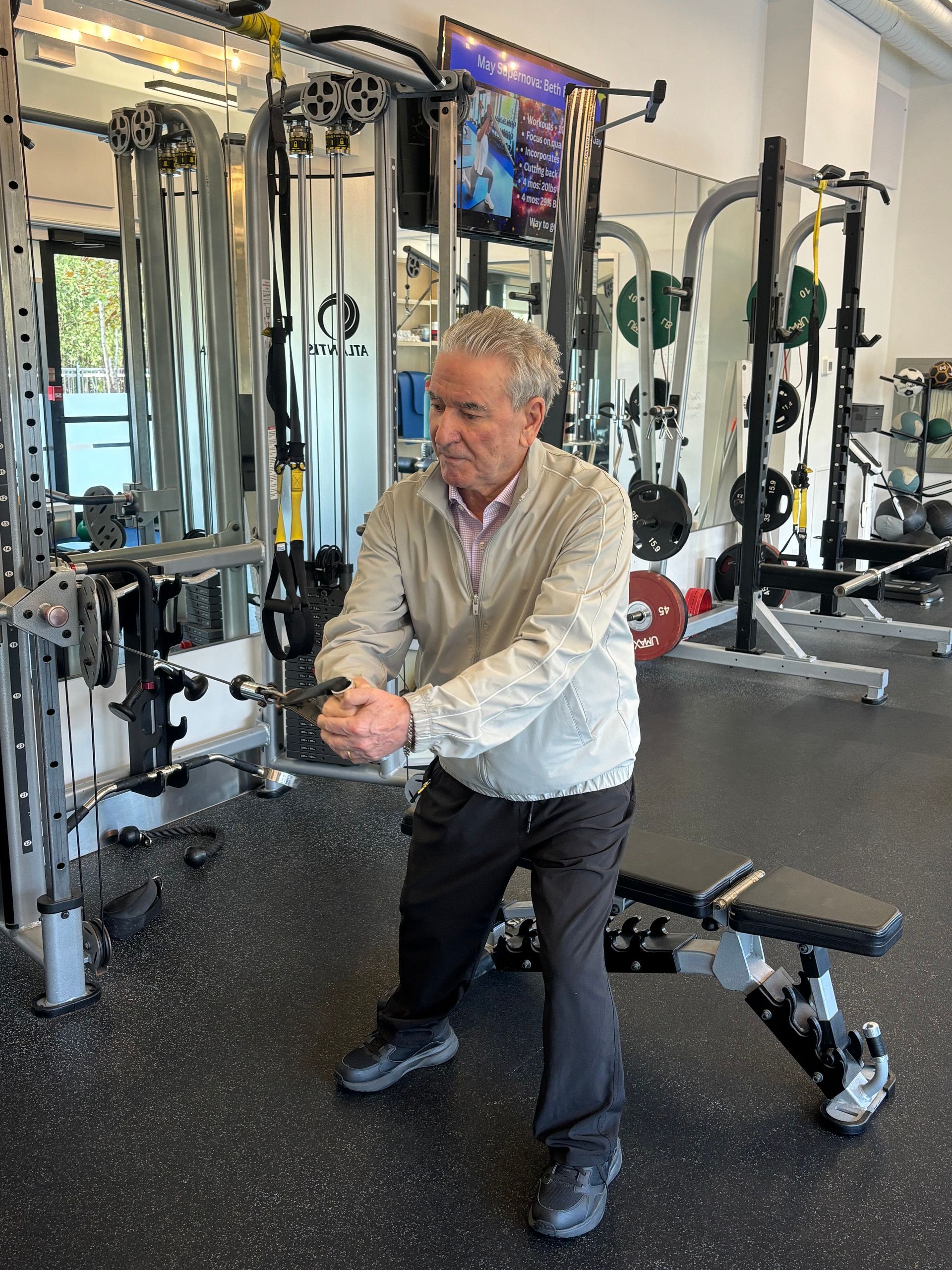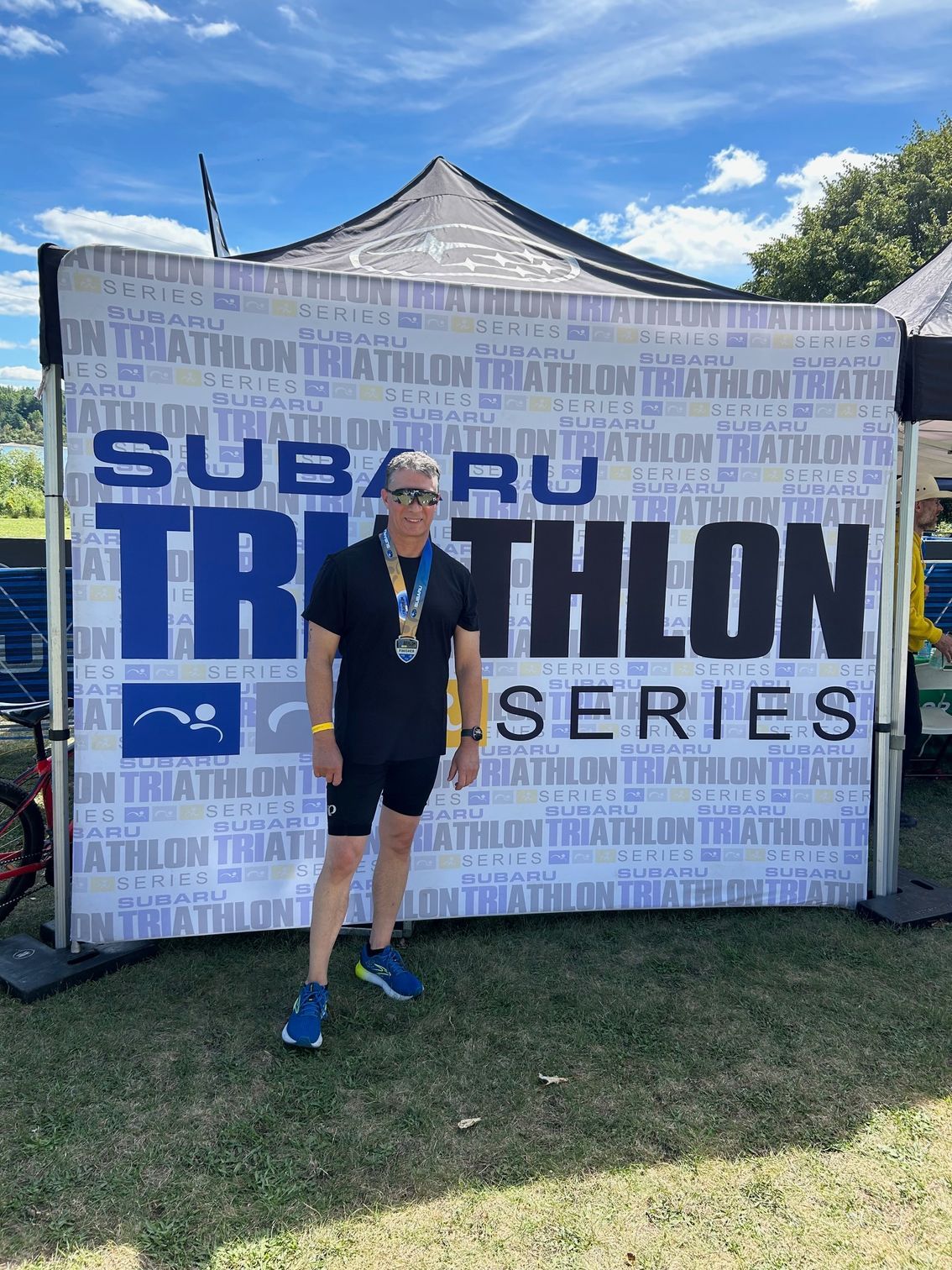Weight Loss & Body Composition
Weight Loss & Body Composition
As a fitness coach, one of the top goals I hear from clients is weight loss. I understand what people mean when they say weight loss however the goal should not be weight loss per se but rather improving body composition.
If your goal is to lose weight, then loss of muscle, fat or water are all going to help with this goal. Losing a limb could also help with a weight loss goal. While losing a limb to accomplish weight loss goals sounds crazy, so does losing muscle mass.
What people really mean when they say they want to lose weight is that they want to lose fat, increase muscle mass and improve the shape and look of their body. Therefore focusing on body composition is better than focusing on weight loss.
What is Body Composition?
When you step onto a scale, your weight represents fat, muscle, organs, bones and everything else in the body. Measuring weight on its own does not give you a full picture of what is really happening within your body. If your weight changes, is it from loss or gain of muscle or fat? Measuring body composition on the other hand is a much smarter way to measure and track your progress because it tells you exactly what is being lost, what is being gained in terms of fat and muscle.
Who is Healthier & More Fit?
Let’s assume two people of the same sex both have the same weight and body composition (muscle vs fat) to start with and their goal is to lose fat weight. After a period of time they both lose 10 pounds but in different ways as seen below.
Person A lost 10lbs made up of:
- 8lbs of muscle loss
- 2lbs of fat loss
Person B lost 10lbs made up of:
- 2lbs of muscle loss
- 8lbs of fat loss
Which person would you rather be? As you can see, 10 pounds of weight loss between the two people is completely different. Person A in reality is not as healthy as Person B. Person A will also look less toned and less fit with less muscle and more fat in their body compared to Person B. Person A is actually fatter than Person B since their body fat % is higher.
Introducing Body Composition Analysis
Body composition analysis breaks down your fat versus muscle mass giving you the body fat %. Knowing your body fat % is so much more empowering to help you towards your goals of losing fat and looking better than just tracking your body weight on a scale.
There are many ways to measure body composition. The two most common ways to measure your body composition is with calipers or bioelectrical impedance. Both can be very accurate if done correctly. The caliper method is a manual way of ‘pinching’ or measuring skinfolds of body fat. It has more room for human error, can take longer and is more invasive. Bioelectrical impedance is a method of passing small electrical currents through the body that interpret body fat and muscle mass with specific algorithmic formulas. Bioelectrical impedance machines are quick and simple but many of them, especially inexpensive consumer models are very inaccurate. When using bioelectrical impedance to measure body composition it is very important to have a high end machine with competent technology. Typically, these machines can cost in the thousands of dollars range.
Understanding Body Fat Percentage
The ratio of fat versus muscle is probably the best indicator of health and fitness when measuring body composition for fat loss goals. Below is an outline of what body fat % is considered fit to unhealthy for both males and females.
What About BMI (Body Mass Index)?
You may be more familiar with BMI as a way of measuring your body’s makeup. What’s the difference between measuring BMI and Body Composition? BMI is a method used to assess the health of an individual by comparing the amount of weight they carry to their height: BMI – kg/m2.
Despite the widespread use of BMI in clinical practice, BMI has limitations and is a poor metric for tracking weight changes because you can not identify if changes in your weight are from fat or muscle. Using BMI to measure health and fitness oversimplifies the process by ignoring important factors that contribute to positive health.
When you’re trying to get healthier, you’re most likely focused on losing fat and gaining muscle. BMI and scales cannot tell you how much of your weight loss is fat, muscle, or body water, but body composition analysis can.
What is ‘Skinny Fat’?
Body composition analysis is not just for flabby people looking to lose weight around their midsection and to fit into smaller clothes. While a skinny person may not find themselves on the scale as much as an overweight person, they can benefit from body composition analysis just as much.
It is common to assume just because someone is thin, that they have less fat and are healthy. However being skinny doesn't necessarily equate to being healthier and more fit. Fat is not always stored subcutaneously (under the skin) where it is visible on the outside of the body. Visceral fat can also be stored in the body, around organs that can not be seen from the outside like subcutaneous fat. Visceral fat also brings more risk for disease compared to subcutaneous fat.
A thin person with visceral fat and little muscle mass is ‘skinny fat’. This person will have a high body fat % and carry the same health risks as someone who is visibly obese. Visceral fat can not be measured on scales, BMI or calipers and why bioelectrical impedance is the best method.
InBody Analysis at Nova Health Club
Go beyond the scale with an InBody Analysis at Nova Health Club. This non-invasive body composition analysis using bioelectrical impedance will accurately measure your body composition - breaking down what your body weight really is with respect to body fat, muscle mass, hydration level and body fat %.
The InBody analysis also tells you your
Basal Metabolic Rate (BMR). BMR is the amount of calories your body needs per day if at rest. The BMR is an essential starting point for anyone looking to understand their caloric needs as part of a nutritional program.
A healthy balance of fat and muscle is a vital component of long-term health. Having excess body fat is associated with increased disease and morbidity and just does not look good. Whereas sufficient muscle mass helps strengthen the immune system, enhance mobility, prevent injury, decrease frailty allowing you to maintain your body’s ability to function as you age.
Let’s stop focusing on weight by itself and understand our bodies better by measuring body composition!

